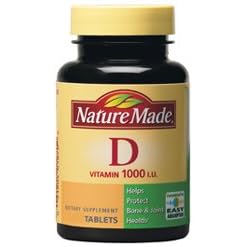I have a suspicion that too many people suffer from unsatisfying sex lives because of loss of libido by one party. In our monogamous world, this is akin to sentencing the other partner unfairly to a lifetime without sexual pleasure as well, and can taint otherwise wonderful relationships with underlying resentment and loss of connection.
Your sexual health deserves nurturing and attention not only for the physical benefits of orgasm (i.e., better circulation, stress release, hormonal balance, better sleep, etc.), but for the health of your primary relationship.
That’s why I loved seeing Dr. Oz’s Ultimate Orgasm Libido Boosters on Oprah.com yesterday. According to Dr. Oz, 40% of women experience a decreasing libido as they age. Libidos and orgasms shouldn’t be hidden topics; they are too essential to the human experience. We deserve to know that a satisfying sex life can be achieved at any age, and that there are remedies that may help.
I’ve talked about boosting your libido with foods like Brazil nuts and pomegranate juice, but Dr. Oz advocates a large range of other foods and spices including pumpkin seeds, garlic, walnuts, asparagus, nutmeg, watermelon, and surprise: chocolate covered strawberries (bet you might have guessed that one!).
Are there other foods you find to be libido boosting? Leave a comment and let us know!



